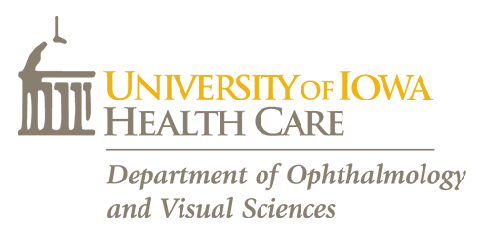Baraitser-Winter syndrome (cerebrofrontofacial syndrome, type 3) is a rare developmental disorder typified by hypertelorism, ptosis, high-arched eyebrows, ocular coloboma, and brain malformations. Other common manifestations include hearing loss, short stature, seizures, intellectual impairment, muscle dysfunction, and abnormalities of the kidney and urinary system. This syndrome is caused by missense mutations in the genes ACTB or ACTG1, both of which encode for cytoplasmic actin proteins crucial for proper development of many organs in the human body. There are no reports of familial transmission; all reported cases have been new mutations. However, different mutations in ACTG1 have been reported to cause isolated non-syndromic hearing loss, with many reported cases of autosomal dominant (AD) inheritance. We have identified a three-generation pedigree segregating a novel mutation in the ACTG1 gene that causes Baraitser-Winter Syndrome with extremely variable expressivity, leading to an initial diagnosis of isolated AD hearing loss in two members. Subtle optic nerve signs not previously reported in this syndrome are also documented in one patient.
A novel mutation in ACTG1 causing Baraitser-Winter syndrome with extremely variable expressivity in three generations.
Journal:
Ophthalmic genetics
Additional Information:
2016 Apr 20:1-5.
Publication Date:
Apr 1 2016
Pubmed ID:

